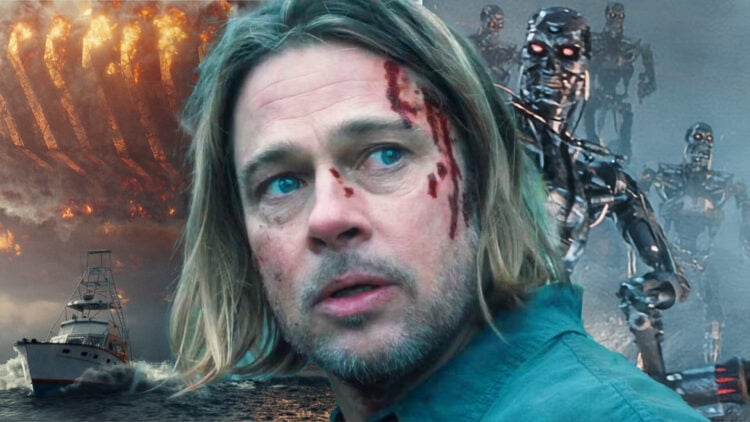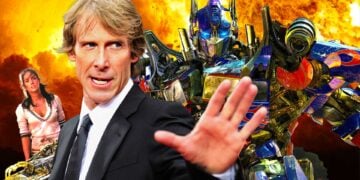The threat of a major armed conflict is as present as it ever was in the news these days. A seemingly escalating cavalcade of worrying reports could lead some people to believe that we are in the early stages of what could eventually become another World War. As terrifying as the prospect might be, the subject of World War 3 is no stranger to the film medium. Through the years, movies have dealt with their unique interpretations of what humanity’s next big war could look like. These ghoulish scenarios could be as terrorizing as they could be valuable from a cultural standpoint. How have filmmakers envisioned World War 3 in the past? And how could we use that knowledge in the real world, should the worst come to pass? Let’s take a look at World War 3 seen through the eyes of a camera, as we summarize what movies have taught us about this seemingly unavoidable confrontation.
Europe: The Primary Battleground
One thing that most movies seemingly agree on is that World War 3 would have a European front as one of its main scenarios once again. Whether due to a small country or a major political superpower, Europe seems to be the breeding ground for every World War. A movie that hauntingly predicts what the aftermath of World War 3 would look like is When the Wind Blows, released in 1986. This animated tragedy follows an elderly couple living on the outskirts of Sussex, England, as they deal with the fallout of nuclear war. “Depressing” doesn’t even begin to describe what When the Wind Blows is. It’s made abundantly clear throughout the film that in the case of a major nuclear conflict, ordinary people would be the most affected by the cataclysmic event. Still, there’s an alternate theory regarding the origins of World War 3 that’s also quite prevalent in films.
America as the Epicenter of World War 3
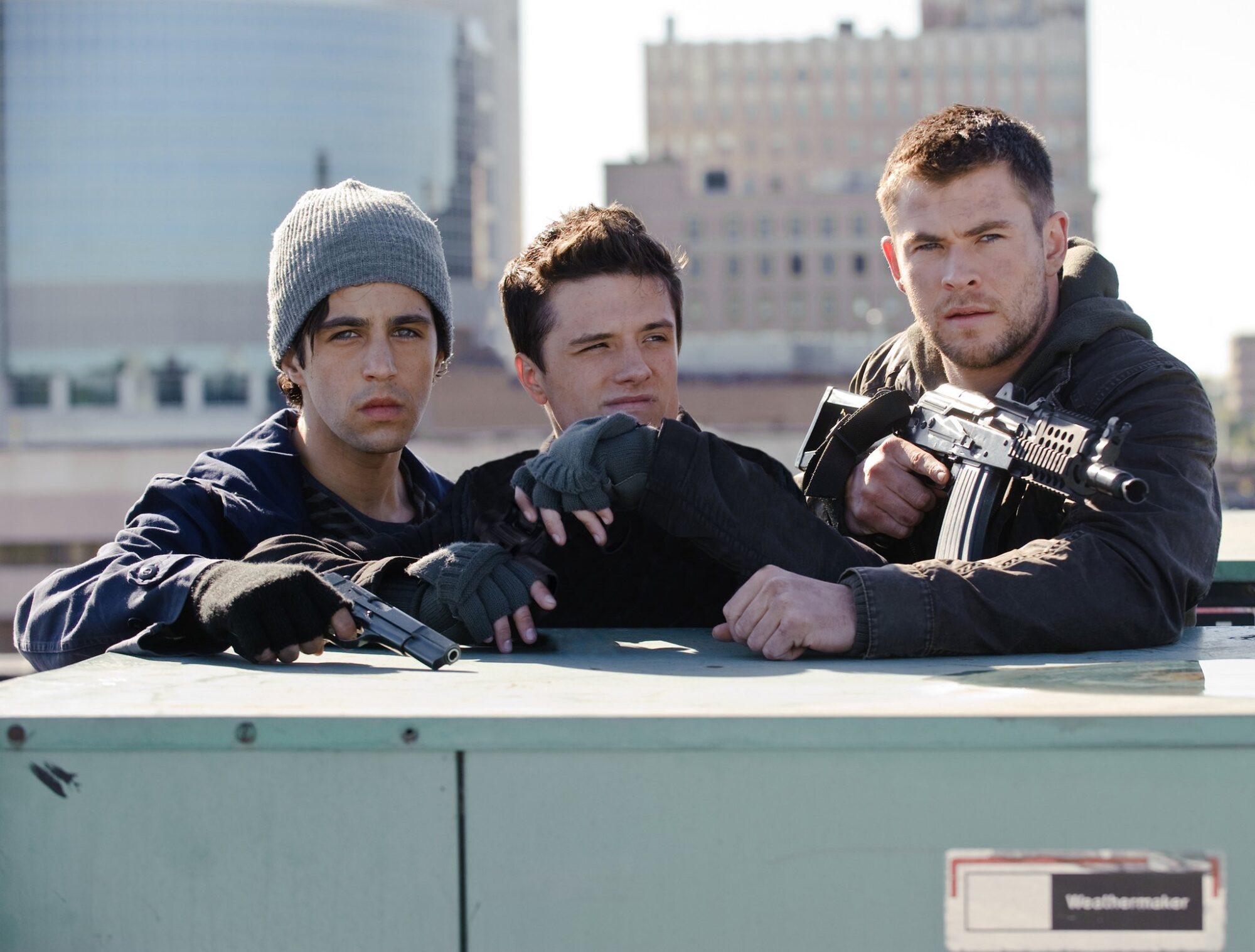
From Red Dawn to Terminator 2, some films opt to place America as the epicenter of World War 3. In most cases, the films that defend this theory propose the unthinkable: a major political superpower successfully invades the mainland United States, thus starting World War 3. Some other movies and shows don’t go as far as to propose an invasion. A nuclear or biological attack aimed at the US is a common theme in these disaster films. Effectively, this possibility sounds much more plausible than the invasion scenario, although not any less severe.
The Soviet Union: The Common Enemy of the Cold War Era
Since most films relating to World War 3 were released at the height of the Cold War, the common enemy in these films was the Soviets. It was common to see the USSR being touted as the sole responsible for starting WWIII, and that’s a trend that might continue well into the future.
A Cultural “Whodunnit” and the Role of the Superpowers
After a brief period when the Chinese and even North Korea became the main suspects for initiating World War 3 in movies, the recent Russian invasion of Ukraine has once again reignited the sentiment that the former Soviets might be the ones to finally start the dreaded confrontation.
However, some films also demonstrate that this “whodunnit” regarding WWIII is a rather cultural issue. Films like Shūe Matsubayashi’s The Last War propose that the United States, NATO, and the USSR will all be responsible for the next World War, with the rest of the world just caught in the middle.
The Impact of Nuclear Warfare
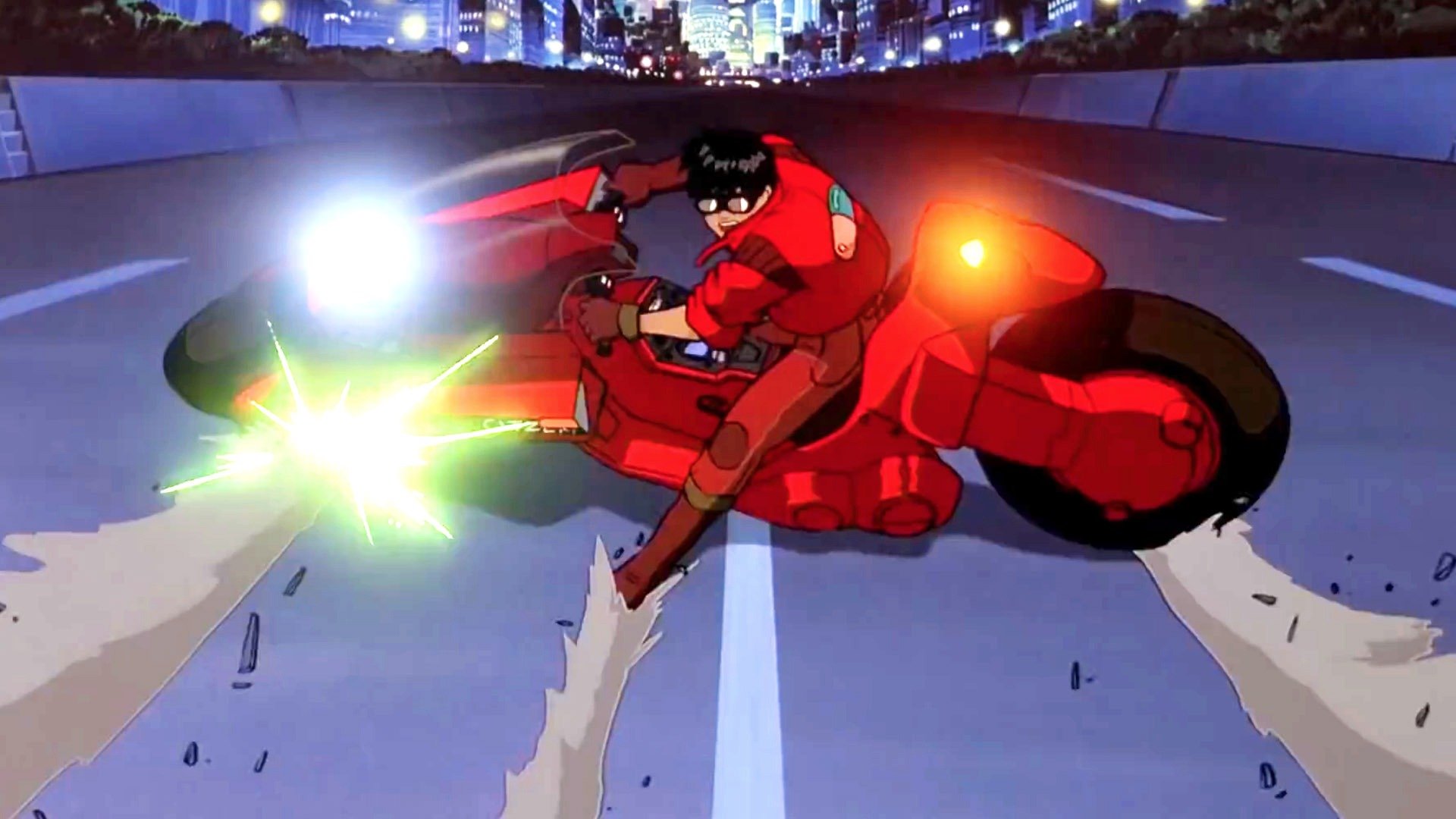
“I know not with what weapons World War 3 will be fought, but World War 4 will be fought with sticks and stones.” That quote, which is usually attributed to Albert Einstein, warns us about the dangers of humanity’s ever-increasing firepower, and why the next World War could very well be our last.
Once again, Japan seems to be in the lead when it comes to narrating the horrors of nuclear warfare. It makes sense, seeing as it remains the only country to have suffered the effects of a nuke. The 1988 animated classic Akira (one of the best anime movies of all time) shows us that, even after the devastating effects of nuclear warfare, life moves on. Even though some major cities might be geographically changed, people remain the same. Sure, there might be some new social classes after the collapse, but the fundamental human nature is something that never changes – which might explain why we’re still discussing the possibility of a third World War.
The Global Impact of World War 3
Whoever’s left after the bombs fall and World War 3 is over will have to deal with a whole new world. Unlike World War 2, there’s a very likely chance that World War 3 will have more widespread effects on the global population, especially considering the advent of ICBMs and other long-range nuclear weaponry. While the first two World Wars took place predominantly on European soil, movies like The Hunt for Red October demonstrated that weapons travel quickly in the information era – and that movie was released a little more than three decades ago.
Aliens and the Hope for Unity
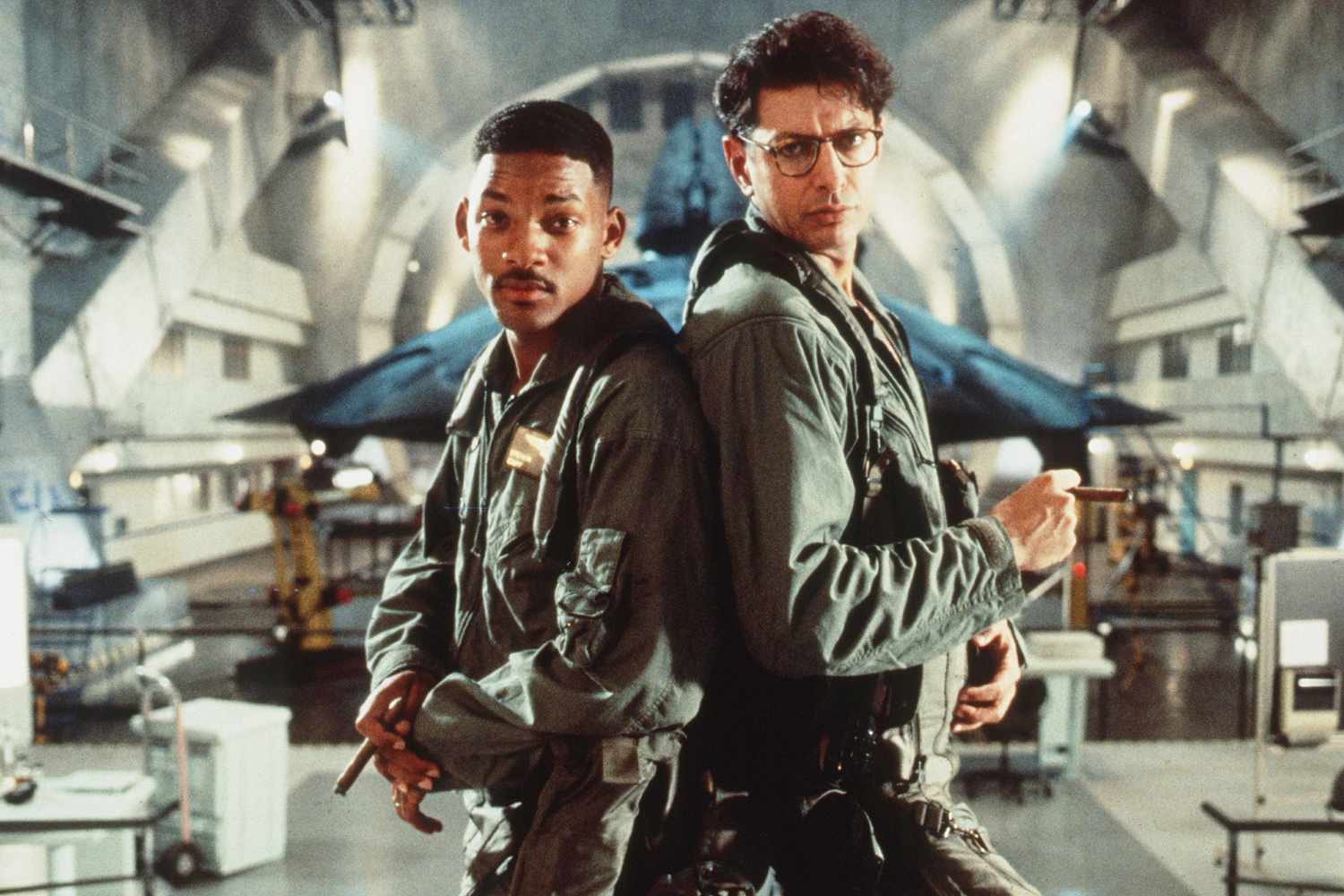
Of course, not everything is bad news – especially not in films. While the Russians, the communists, the space fascists, and everything in between have been blamed for World War 3 in movies, there’s a far more common foe in the middle of it all: aliens. From Independence Day to Pacific Rim, movies have used aliens as a way to unite humanity in a common fight. This positive message seems to highlight the slim possibility that maybe, just maybe, the next adversary might come from beyond the stars.
Information and Artificial Intelligence
Coincidentally, there’s another foe that’s also present in this sort of sci-fi movie, and it’s one that might turn out to be real after all – and also much closer than we think. Information travels fast these days. Everyone is always up to date with the latest news, rumors, gossip, and everything in between, and it’s all thanks to the advent of smartphones and social media. But what if those same devices were the reason we might soon find ourselves submerged in World War 3?
As AIs become increasingly smarter, the apocalyptic war between the humans and Skynet seen in the Terminator franchise seems even more like a reality. While movies like Christopher Nolan’s Tenet have the heroes preventing a more traditional World War 3, cases like Terminator‘s rogue AI seem increasingly like the reason we might soon see a major armed conflict. Sure, it’s not like your iPhone is going to become a T-800, but the fact that most of the information we perceive daily runs through an automated algorithm that determines what we should know about might be more than enough reason to fear that the machines might be the ones responsible for World War 3. It’s better than zombies, right?
RELATED: World War Z 2: Fans Should Be Outraged Over the Zombie Sequel’s Epic Fail
Tell us, do you think the movies about World War 3 are right?

